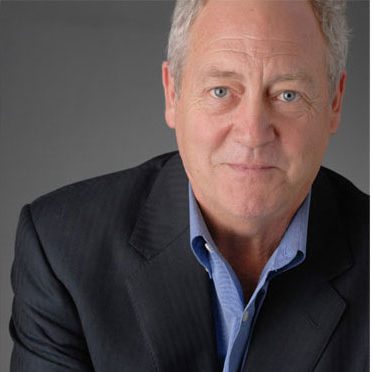Nuclear Should be a Part of our Energy Future
Published: May 15, 2006
Nuclear should be a part of our energy future
By Christine Todd Whitman and Dr. Patrick Moore
May 15, 2006
FROM THE minute the alarm clock goes off in the morning to the moment we adjust the thermostat before bed, our lives are fueled by electricity.
We are amazed at the seemingly endless parade of new, life-improving, and life-saving technologies, but too little attention is paid to the looming shortage of energy needed to power them. America takes for granted that the lights will come on or the air conditioning will comfort us at the flip of a switch.
It’s wonderful that we feel so confident in the reliability of our electricity supply. But there are concerns on the horizon.
The US Department of Energy projects that the nation will need 45 percent more electricity by 2030. Where is this going to come from? Energy conservation, greater efficiencies in the production of natural gas, oil, coal, and hydro power, and a genuine commitment to renewables such as wind, solar, and geothermal power will be needed. Across America today companies are reducing their demands for power without slowing their growth, but those efforts won’t be enough in and of themselves. We will continue to need a mix of power sources, and nuclear energy must play an increased role in supplying our nation’s growing demand for electricity.
Nuclear energy offers numerous benefits and advantages over other sources.
It’s cleaner. Nuclear energy has the lowest impact on the environment — air, land, water, and wildlife — of any major energy source. It produces no harmful greenhouse gases or controlled air pollutants, its waste byproducts are isolated from the environment, and it requires less land to produce the same amount of electricity than any other electricity sources.
It’s safe. Strict government regulations and continuous training by the industry ensure that the safety of operations and the security of facilities exceed the highest standards of any American industry.
It’s cheaper. Nuclear plants are the most efficient on the electricity grid, and nuclear power has the lowest production cost of all major sources of electricity other than hydropower.
Public support for nuclear energy has never been stronger. A recent nationwide poll by Bisconti Research found that 86 percent of Americans see nuclear energy as an important part of meeting future electricity needs and 77 percent agree that utilities should prepare now to build new nuclear plants in the next decade.
The business and manufacturing community is supportive, recognizing the value of a cost-effective, reliable, and predictable energy source, and the numerous indirect benefits nuclear energy offers, such as economic growth, job creation, and technology innovation. And nuclear energy has garnered solid backing from policymakers, evidenced by the desire to host new nuclear plants among state and county officials and bipartisan congressional support for new nuclear plants in the Energy Policy Act of 2005.
Americans don’t pay much attention to energy issues beyond the cost. It still comes as a surprise to many Americans that nuclear energy already powers one of every five US homes and businesses, and that some states, including New Jersey, Illinois, New Hampshire, and South Carolina, rely on nuclear energy for more than half of their electricity.
The world’s finite supply of natural resources requires that we focus on a diverse energy portfolio that includes clean, affordable, and sustainable solutions. Nuclear energy, right here and right now, is one of those solutions. We have joined together to lead the Clean and Safe Energy Coalition to ensure the United States embraces nuclear energy as part of a diverse energy plan for our future. The CASEnergy Coalition will help raise awareness of the benefits of clean and safe nuclear energy and continue to build policymaker and public support for nuclear energy as a component of a comprehensive plan to meet America’s future electricity needs.
We must plan today to meet our energy needs of tomorrow in a manner that protects the environment. Building new nuclear plants and expanding existing facilities takes time. Working together, we must broaden and advance the national dialogue to include the issues of rising electricity demand, energy conservation, and efficiency. We must educate the public about the merits of nuclear energy, including both the benefits of nuclear plants and the challenges that remain, including a federal facility for managing spent nuclear fuel rods. We will have this dialogue with community leaders, academics, environmentalists, businesses, and policymakers at every level to set the stage for the next generation of nuclear energy.
We must act now to secure our energy future. 2030 is closer than we think.
Christine Todd Whitman is a former Environmental Protection Agency administrator and the former governor of New Jersey. Patrick Moore, a co-founder and former leader of Greenpeace, is now chairman and chief scientist at Greenspirit Strategies Ltd. They are co-chairs of the Clean and Safe Energy Coalition.

